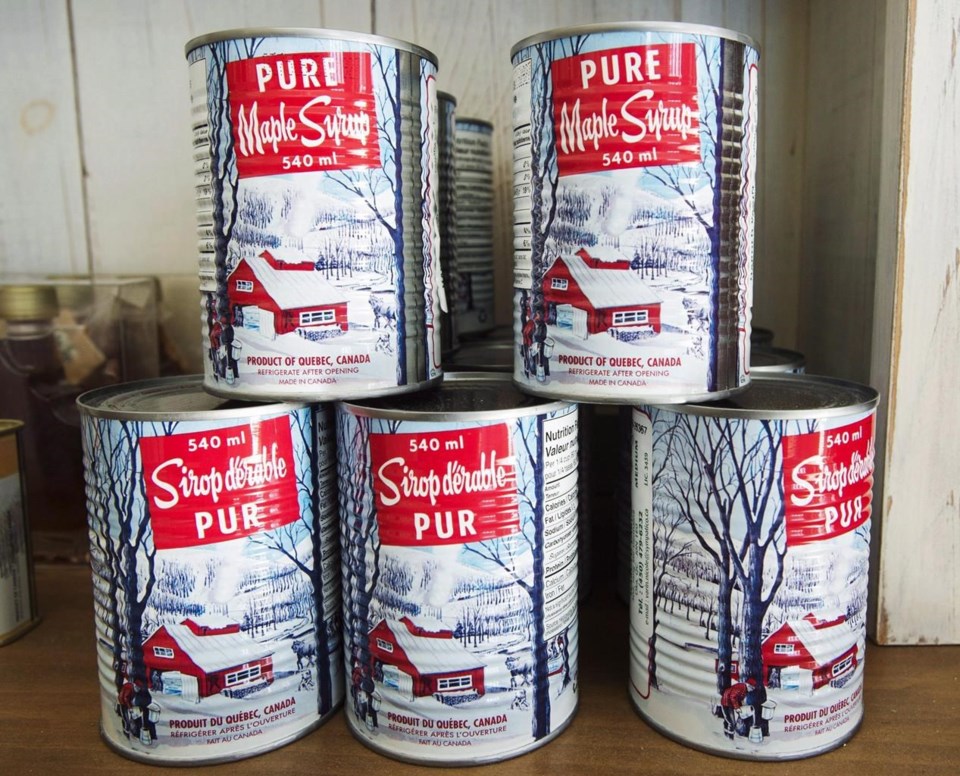FREDERICTON — A group of First Nations in New Brunswick is accusing the provincial government of failing to consult them about a plan to expand the amount of Crown land available for maple syrup production.
The Mi’gmawe’l Tplu’taqnn in Eel Ground, N.B., which represents nine Mi'kmaq communities, issued a statement Tuesday saying they received a provincial request for proposals about the expansion, but it makes no mention of the rights of First Nations.
"The provincial government had a duty to consult with First Nations at the earliest opportunity once they are contemplating a decision that affects our rights," the group said.
"Once again, it appears they have already started making decisions regarding our rights without our input, blatantly ignoring the process."
The government says it plans to offer an additional 5,000 hectares of Crown land for leasing over the next five years, and it insisted in a statement it is respecting its duty to consult with First Nations, a process that must be completed before any final decisions are made.
The province's maple sugar industry currently uses 14,000 hectares of Crown forests, which includes more than 4,000 hectares that were made available for leasing in 2015.
Frédérick Dion, president of the New Brunswick Maple Syrup Association, applauded the expansion plans.
“The long-awaited announcement ... marks an important milestone for New Brunswick's maple syrup industry,” he said in a statement. "Our member producers will now be able to implement their growth plans to meet the ever-increasing demand for maple-derived products around the world."
Meanwhile, the Mi'kmaq group said it is willing to work with the government and leaseholders, but it says the validity of new leases will be challenged if its concerns are not addressed. The group said there has been no discussion with the government about the impact on hunting grounds, sacred sites or areas used to gather plants and medicines.
"This failure of the provincial government to consult with us is not a reflection on the maple sugar industry," the group said. "We can appreciate the industry wants an opportunity to develop, but we have to make sure this is not at the expense of our rights."
The government said existing maple sugar operations can apply for small additions from adjacent Crown land, while Crown land available for new development will include maple-dominated stands outside previously developed areas in the province's northwest.
"By making these lands available, we will continue encouraging private investment in New Brunswick agriculture," Natural Resources Minister Mike Holland said in a statement.
The province's $33-million maple industry includes more than 200 commercial producers that employee 2,300 seasonal and full-time workers.
Canada produces 71 per cent of the world's maple syrup, and 91 per cent of the country's production comes from Quebec. New Brunswick is Canada's second-largest producer, accounting for four per cent, followed by Ontario at three per cent.
This report by The Canadian Press was first published July 4, 2023.
The Canadian Press



